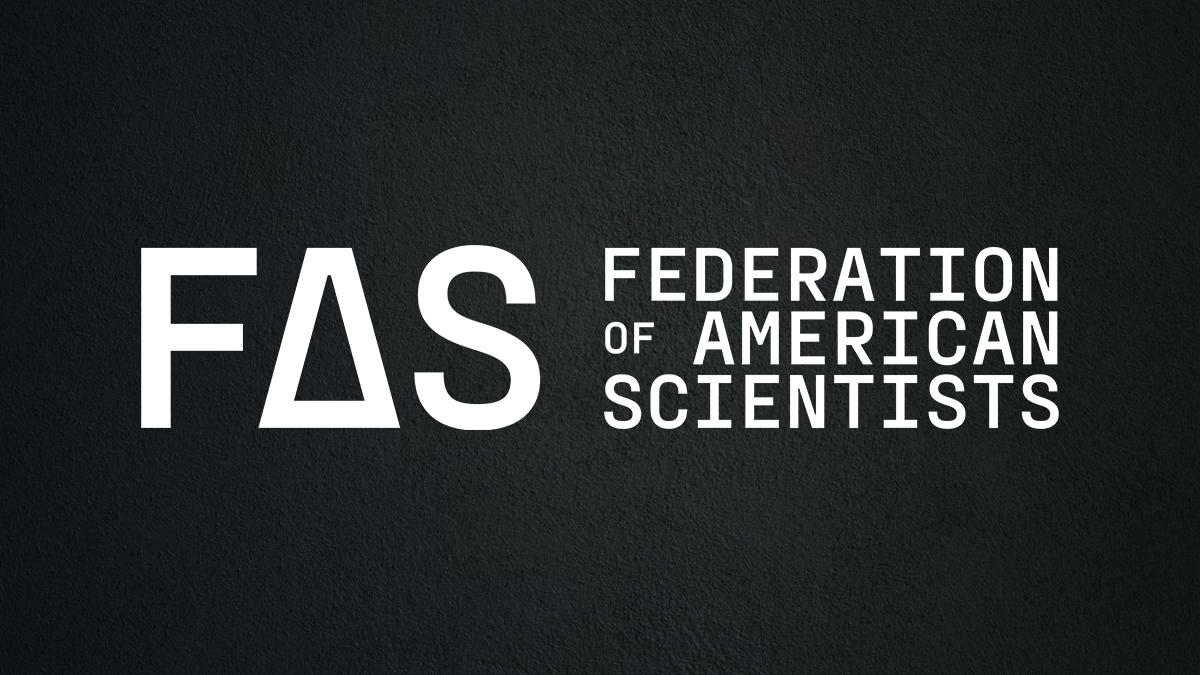
FAS Launches ‘FRO-casting’ Tournament on Metaculus to Solicit Ideas for Focused Research Organizations (FROs)
FROs focus efforts on technology challenges that require coordinated and cross-disciplinary pursuits at the boundary of research and engineering
The Federation of American Scientists (FAS), one of the oldest science think tanks in Washington, and Metaculus, a forecasting and modeling platform, today announced the opening of the ‘FRO-casting’ tournament to test a new approach for evaluating scientific proposals.
This pilot program applies an expected value the forecasting methodology developed by FAS and Metaculus to proposals for Focused Research Organizations (FROs) in the life sciences, sourced by Convergent Research. FROs are envisioned as standalone, time-limited non-profit organizations organized like a startup to solve well-defined technical challenges that are neither profitable nor publishable. Their goal is to produce vital public goods: processes, tools, and datasets that are actively translated into use by others, to enable new methods and accelerate the pace of scientific research.
This is a public tournament in which forecasts will be produced by the Metaculus community and subject-matter experts identified by FAS.
The ‘FRO-casting’ challenge is open to subject matter experts, scientists, forecasters, decision makers, and the public. It is free to participate.
This effort aims to provide (a) quantitative assessments of the risk-reward profile of each FRO proposal that can inform agency decision-making, (b) actionable insight to proposal authors regarding their approach, and (c) new metascientific understanding of forecasting in scientific review.
“It is difficult to balance science agencies’ dual mission of protecting government funding from being spent on overly risky investments while also being ambitious in funding proposals that will push the frontiers of science,” writes FAS Senior Associate Alice Wu, “We at FAS are exploring innovative approaches to peer review to help tackle this challenge.” Ms. Wu is one of the leaders of this challenge, along with FAS colleague Jordan Dworkin, Metascience Program Lead.
January saw us watching whether the government would fund science. February has been about how that funding will be distributed, regulated, and contested.
This rule gives agencies significantly more authority over certain career policy roles. Whether that authority improves accountability or creates new risks depends almost entirely on how agencies interrupt and apply it.
Our environmental system was built for 1970s-era pollution control, but today it needs stable, integrated, multi-level governance that can make tradeoffs, share and use evidence, and deliver infrastructure while demonstrating that improved trust and participation are essential to future progress.
Durable and legitimate climate action requires a government capable of clearly weighting, explaining, and managing cost tradeoffs to the widest away of audiences, which in turn requires strong technocratic competency.